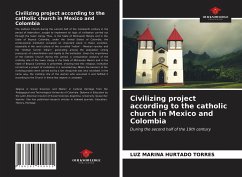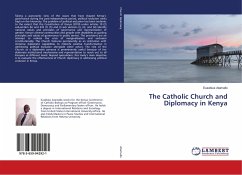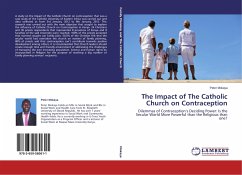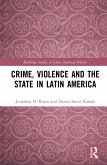The Catholic Church during the second half of the nineteenth century in the period of federalism, sought to implement its logic of civilization carried out through the lower clergy. Thus, in the State of Michoacán Mexico and in the State of Boyacá Colombia, under the United States of Colombia, the ecclesiastical Institution occupied an important place in these societies, especially in the rural culture of the so-called "Indian" - Mexican rancher and the "Andean farmer Indian", generating among the population strong processes of subordination and loyalty to the Institution. Given the importance of the Catholic Church during this period, a comparative analysis of the civilizing role of the lower clergy in the State of Michoacán Mexico and in the State of Boyacá Colombia is presented, showing how this religious institution carried out a project of civilization in a racialized key. Where the banners of the civilizing project were carried out by a low clergy that was also racialized. In the same way, the civilizing role of the women who assumed it and fulfilled it according to the Church in these two regions is analyzed.
Bitte wählen Sie Ihr Anliegen aus.
Rechnungen
Retourenschein anfordern
Bestellstatus
Storno








